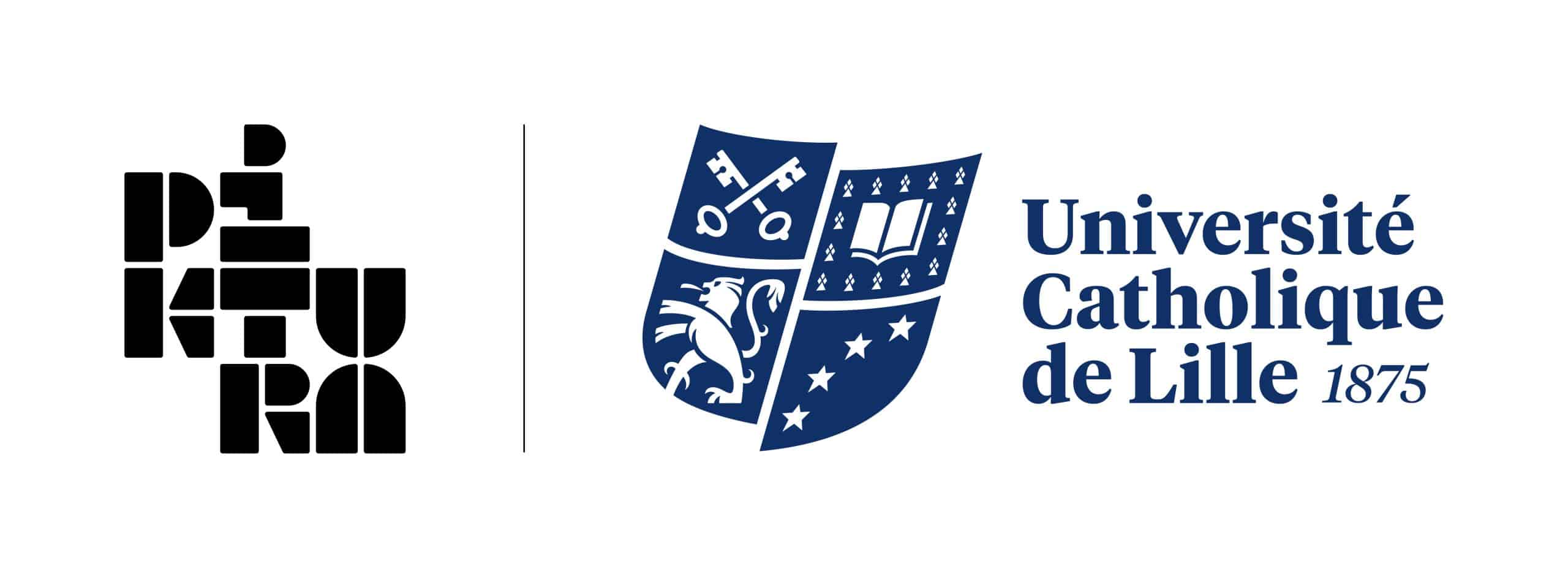
Moteur de jeu
Etablissement : PIKTURA Ecole de l’image
Langue : Français
Formation(s) dans laquelle/lesquelles le cours apparait :
Période : S6
Assimilation des techniques et contraintes inhérentes aux jeux vidéo 3D.
Aussi bien dans la partie graphique (animation) que dans la partie gameplay (IA)
Assimilation des techniques et contraintes inhérentes aux jeux vidéo 3D.
Aussi bien dans la partie graphique (animation) que dans la partie gameplay (IA)
Mots-clés : Jeu Vidéo, Game Programming, C#, Développement, Action-Aventure 3D
Chapitre 1: Animations
-
Animator Component
-
Animator Controller
-
Animator Controller Layers
-
Animator Scripting
-
Blend Trees
-
Animator Sub-state Machine
Chapitre 2 : IA et Behavior Tree
-
Présentation des Behavior Tree
-
Utilisation des BehaviorTree


